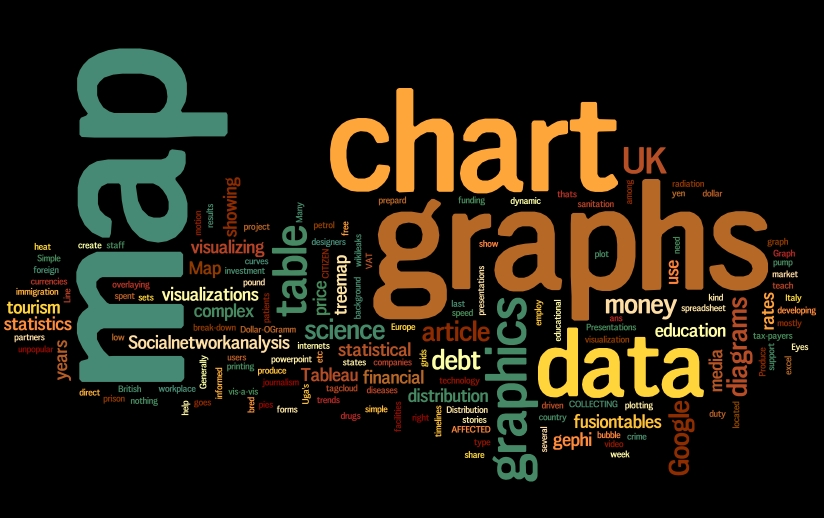Research editor Kim Moore travels to Washington DC to learn more about using data to improve storytelling.
As the research editor at Oregon Business I am always interested in learning about reliable data sources that can lend depth and accuracy to the stories we produce.
Last week I had the fortune to take part in a fellowship in Washington DC that aims to teach journalists more about using data to tell better stories. The intensive week-long fellowship is run by the Society of American Business Editors and Writers, and is underwritten by the Walter and Karla Goldschmidt Foundation.
Along with 20 other fellows from across the U.S., I visited several federal agencies and met independent researchers to learn about the wealth of data available to the public.
Here are a few of my takeaways from the trip:
1) Despite all the cutbacks and job losses in the media business, dedication to well-researched, quality journalism is alive and well. I was impressed to see how the journalists on the fellowship, as well as the award-winning reporters we talked to at news services in DC, are committed to writing stories grounded in research from solid data sources.
2) In this era of “fake news,” the interest in data-based journalism is stronger than ever.
Robert Maguire, an investigator with opensecrets.org, a site that tracks the role of money in U.S. politics, said the level of campaign donations has never been higher than under the Trump administration. The influence of powerful special interests is stronger than ever; the impetus on journalists to reveal facts underlying this influence has arguably never been more significant.
3) Federal agencies, such as the Census Bureau, the U.S. Department of Agriculture and the Bureau of Labor Statistics, provide a wealth of data at the state and county level that remain free and open to the public.
These agencies are run by true “data geeks,” who live and die by the data. Despite funding cutbacks to certain government institutions, such as the Environmental Protection Agency, many agencies are dedicated to making data available to the public and have well-staffed public relations teams working with the media.
There was one glitch, however. As a foreign national (a Brit), I had to jump through some hoops to gain access to some federal agencies. We were scheduled to meet a member of the Trump administration’s Council of Economic Advisors. The journalists that were non-US nationals (there were four of us) needed an escort for the visit. The escort didn’t turn up and we were left waiting in the cold outside the White House.
We were later told the escort couldn’t find us. Regardless, the experience made me feel that not all journalists are created equally in the eyes of the Trump administration.
Despite this, it was an inspiring trip that provided me with several data-driven story ideas relevant to Oregon Business readers. Stories based on solid data underpin all good journalism. It is good to know efforts still exist to bring the importance of that data to the forefront of journalists’ investigative reporting.






